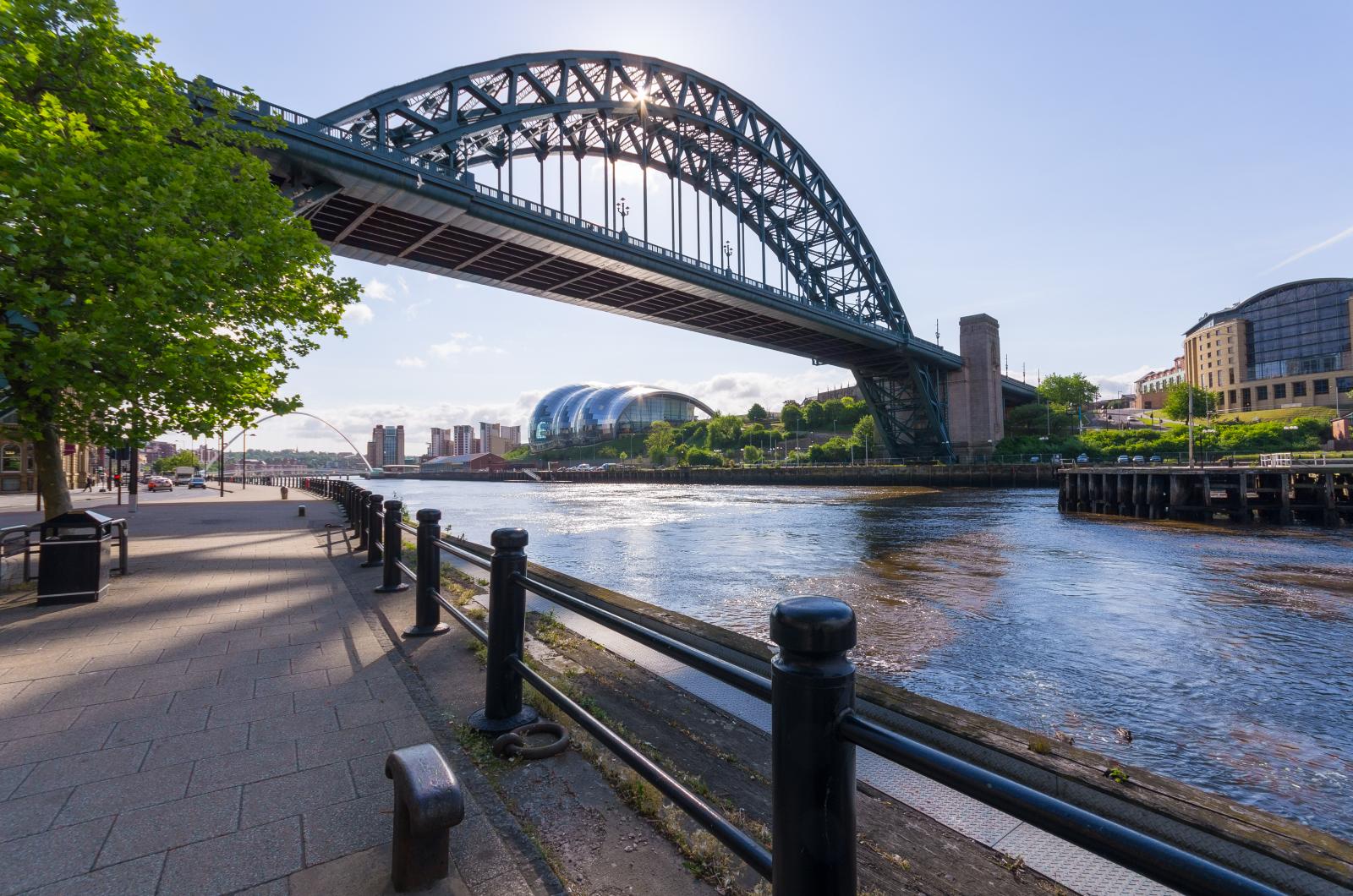Newcastle
Newcastle has experienced recent major flooding events and it is vulnerable to flash floods as 92% of the city centre surface is impermeable and drainage systems are often unable to cope with high volumes of rain over short periods. Key local stakeholders are therefore interested in developing strategies for flood risk management. Newcastle has been selected as a demonstration city in the BlueGreenCities project and a further green infrastructure project involving Arup, Newcastle University and Newcastle City Council with particular interest in implementation and financing of green infrastructure. Nature-based solutions for community and health issues include the Greening Wingrove Community Partnership Project, which includes tree planting, demonstration gardens, community growing projects and an urban orchard.
The NEWCASTLE Urban-Regional Innovation Partnership (URIP) is convened by the Newcastle City Council and University of Durham. Together, they have been bringing together stakeholders from 11-17 public and private organizations to mainstream the use of nature-based solutions in Newcastle. In 2017, the partnership mapped NBS interventions and opportunities, finding that the URIP has enabled them to work together to identify common issues, such as, how NBS can be more effectively evaluated and assessed, the health dimensions of NBS, the ways in which changing governance structures in the city are shaping NBS and the critical challenge of managing NBS over time. In 2018, the URIP has developed an innovative vision for NBS in relation to the governance of water management and flood risk, regeneration and health.

